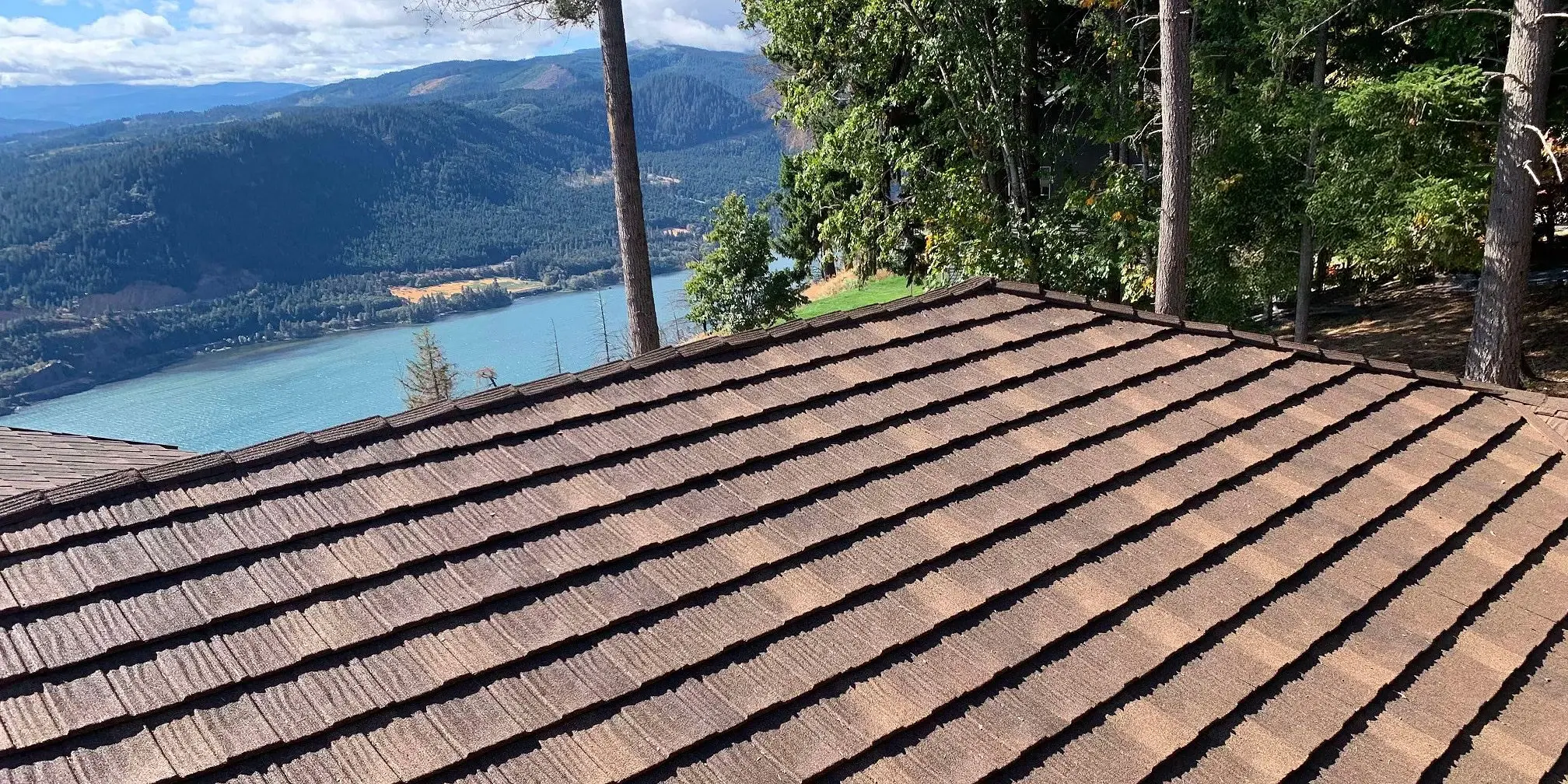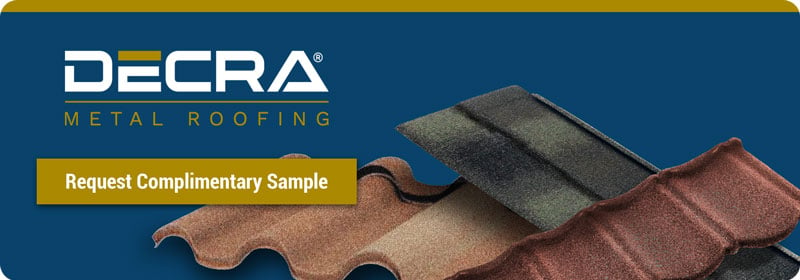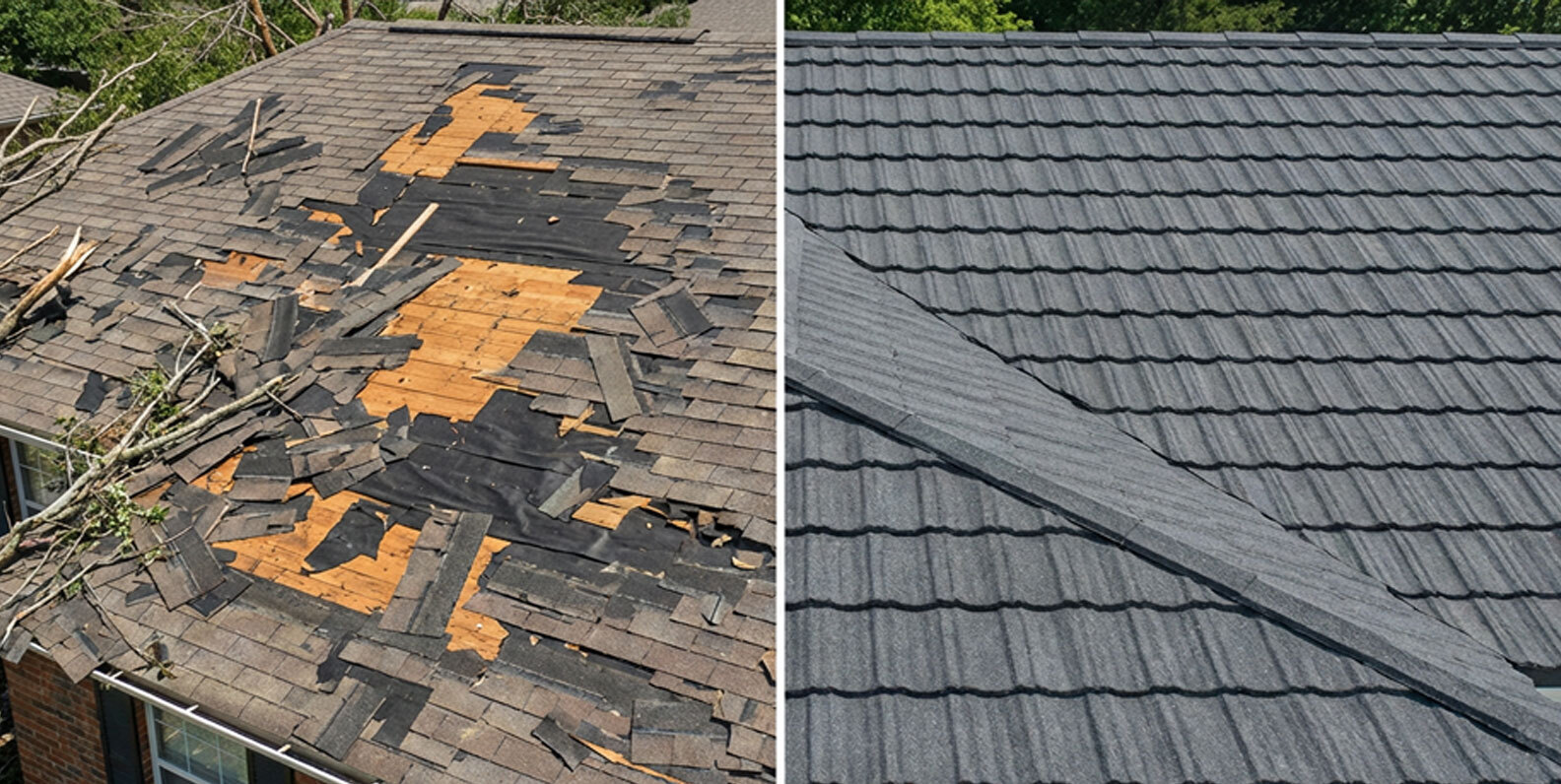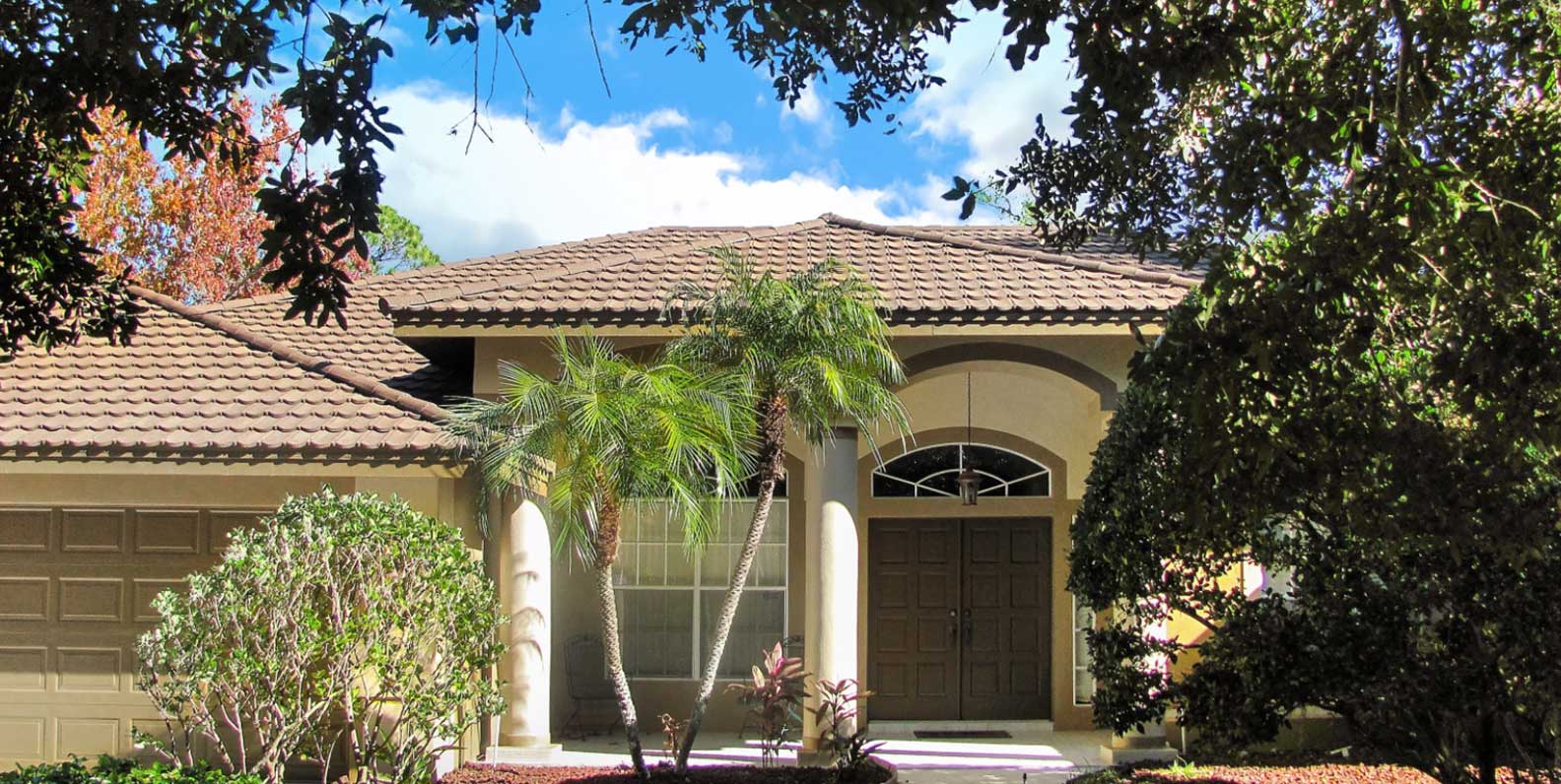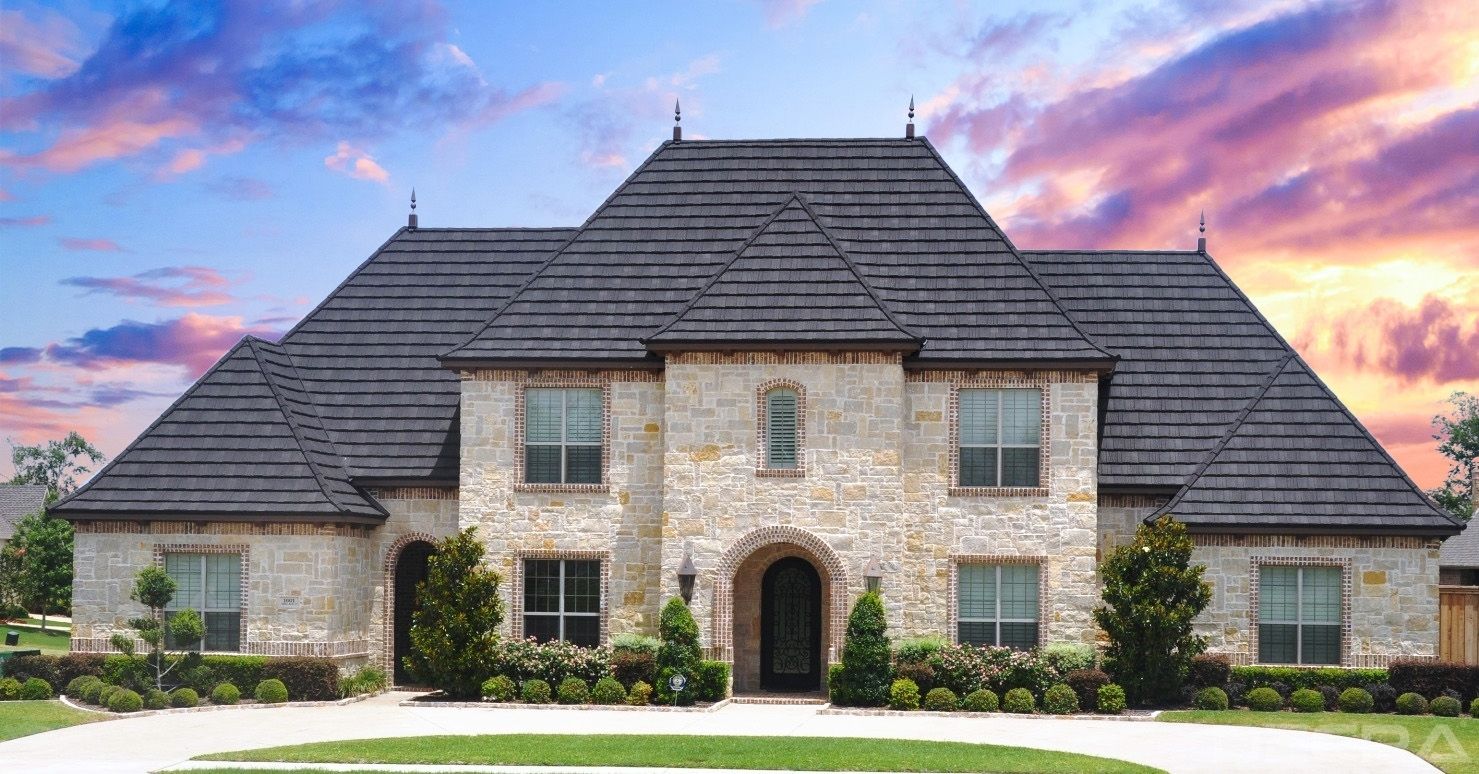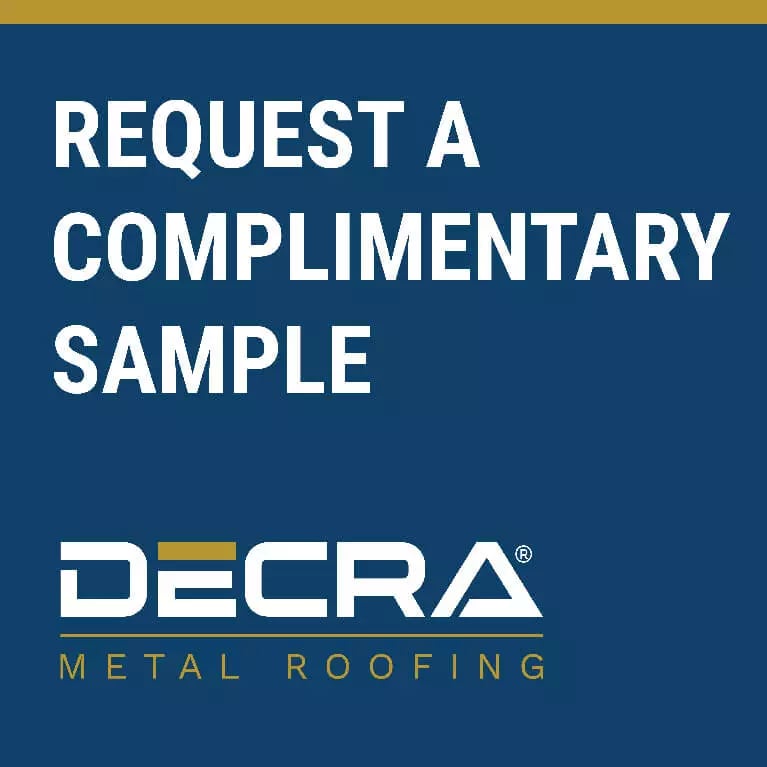Washington is known for its natural beauty, but also for its extreme weather. That’s why choosing the right roofing material for your home isn’t just about curb appeal. It’s about year-round protection and long-term value.
Whether you’re planning on replacing your roof or building a new house, it’s easy to default to asphalt shingles. After all, they’re used in about 75% of U.S. roofing jobs. But are they the best choice for a home in Washington?
In this blog, we weigh in on important factors, such as:
- How different roofing materials impact your budget
- Which options perform best in Washington’s unique weather
- What you should know about installation and maintenance
There’s no one-size-fits-all answer, but with the right info, you can choose the roofing material that’s right for you.
Best for Your Budget
For any homeowner, cost is a key consideration when choosing a new roof. But price isn’t just about what you pay today, it’s also about what you might save (or spend) down the road.
When evaluating roofing materials, think in terms of:
- Up-front costs (what you’ll pay now for the roof)
- Long-term expenses (costs or savings over time)
There’s a reason that asphalt shingles are most common in Washington and across the country. They’re generally the least expensive option, ranging between $3 to $16 per square foot and widely available. Nearly every roofing contractor is experienced in installing them.
If you’re on a tight budget or need a replacement quickly, asphalt is a practical choice. It’s also a smart option if you plan to sell your home. Buyers appreciate a new roof, and asphalt won’t break the bank.
Another common roofing material is clay tiles. They aren’t as prevalent in the Pacific Northwest as they are in the South. That’s because they’re most often matched with Mediterranean-style homes like you see in California, Arizona, and Florida.
A popular option for homes near the coast, thanks to their natural, rustic look that complements seaside architecture is wood shakes. Over time, they can age to a silvery-gray finish that adds classic New England charm.
But that charm comes at a price—between $6 and $16 per square foot. The cost is determined by the brand you choose, as well as prices in your area and labor. Installation is more complex than asphalt, and not every contractor offers it. Plus, wood requires more upkeep, especially in the Pacific Northwest’s damp climate.
Metal roofing is a higher investment with a greater payoff. It offers long-term savings, lasting two to three times longer (about 50-70 years in total) compared to asphalt shingles and wood shakes. That means you will probably never have to worry about another roof remodel in your lifetime. It costs more up front, but you save on the back end.
A metal roof can increase the value of your home by up to 6%, making it a smart investment. That added equity can pay off, especially if you’re planning to stay put for years or want to boost your resale value down the road.
Best Roofing to Handle Washington’s Extreme Weather
Hail Resistance
Research suggests that hailstones are becoming larger in some regions, which makes it worth considering how well your roof can handle more severe weather. Damage from these storms can lead to unexpected repairs or insurance costs, so choosing a more durable roofing material can help protect your home and budget.
Larger hailstones can crack, pit, and warp asphalt shingles and wood shakes, weakening your roof’s integrity and driving up repair or insurance costs.
Metal roofing like DECRA, on the other hand, can handle hailstones as large as 2.5 inches across. That’s the size of a tennis ball! DECRA products also carry the highest possible rating for hail impact resistance.
Wind Performance
High winds during Washington’s seasonal storms can tear shingles or shakes right off the roof deck. For this reason, DECRA is tested and warrantied for winds up to 120 miles per hour. In addition, DECRA’s interlocking installation system helps provide added protection against wind-driven rain. This design minimizes gaps where moisture can seep in, offering a strong line of defense against the Pacific Northwest’s frequent storms.
Snow and Cold Resistance
The western part of Washington gets heavy snowfall in the winter, which can put serious stress on aging roofs.
DECRA Metal Roofing is engineered to perform in harsh winter conditions:
- Its textured surface encourages snow to shed naturally, reducing buildup.
- Its insulating core helps regulate roof temperatures to minimize the risk of ice dams.
- It’s lightweight, yet durable so it won’t buckle under the weight of snow.
Energy Efficiency
From bitter winter lows to scorching summer heat waves, Washington sees it all. And when the temperatures climb, DECRA metal roofing can help keep your home cooler, and your energy bills lower.
While asphalt shingles tend to absorb and retain heat, DECRA’s metal roofing reflects solar radiation, reducing heat transfer into your home. In fact, homeowners can save up to 25% on cooling costs during the summer months with a modern, metal roof.
Fire Resistance
With dry summers, wildfire preparedness is top of mind for many Washington homeowners. In 2024, more than 300,000 acres burned in the Evergreen State.
While treated asphalt shingles offer moderate protection, and wood shakes are generally not recommended in fire-prone regions, DECRA metal roofing provides added peace of mind. It holds a Class A fire rating, the highest fire rating available for resistance to fires originating outside the home, giving you one less thing to worry about when wildfire season hits.
Insurance Benefits
Weather-related risks can impact your homeowners insurance. Today, many insurers now use drones or satellite imagery to assess the condition of your roof. If they spot signs of aging or damage, they may:
- Increase your premiums
- Refuse to renew
- Drop your policy
Even if your insurance policy remains active, a single claim can lead to higher premiums.
The good news? Metal roofs are favored by many insurance companies for their durability. Homeowners with metal roofing often qualify for insurance discounts, helping offset long-term costs.
Best for Installation and Maintenance
We’ve already touched on how asphalt shingles are quick and easy to install, while wood shakes require specialized skills and experience. But what about metal roofing, specifically DECRA?
To ensure quality installation, DECRA has its own contractor network, so you’re connected with roofers who are trained specifically in DECRA systems. You can easily find a qualified installer by using the ‘Find Contractor’ tool on our website. Just click the link in the upper-right corner of the navigation.
Added benefits:
- DECRA can be installed directly over asphalt shingles, provided it meets the local building code requirements.
- Unlike asphalt shingles, DECRA can be installed year-round, even in winter.
And when it comes to maintenance?
Metal roofs are known for being extremely low-maintenance compared to clay tiles or wood shakes, which often need regular chemical treatments to stay in good shape.
Request a Complimentary Sample
Of course, performance isn’t everything. A roof should compliment your home’s style, too. DECRA metal roofing comes in a range of profiles and colors that look just like shingles, shakes, and tiles, making it easy to match your Washington home.
To help with your decision, request a complimentary sample. You’ll see that DECRA isn’t just practical, it’s attractive too!

